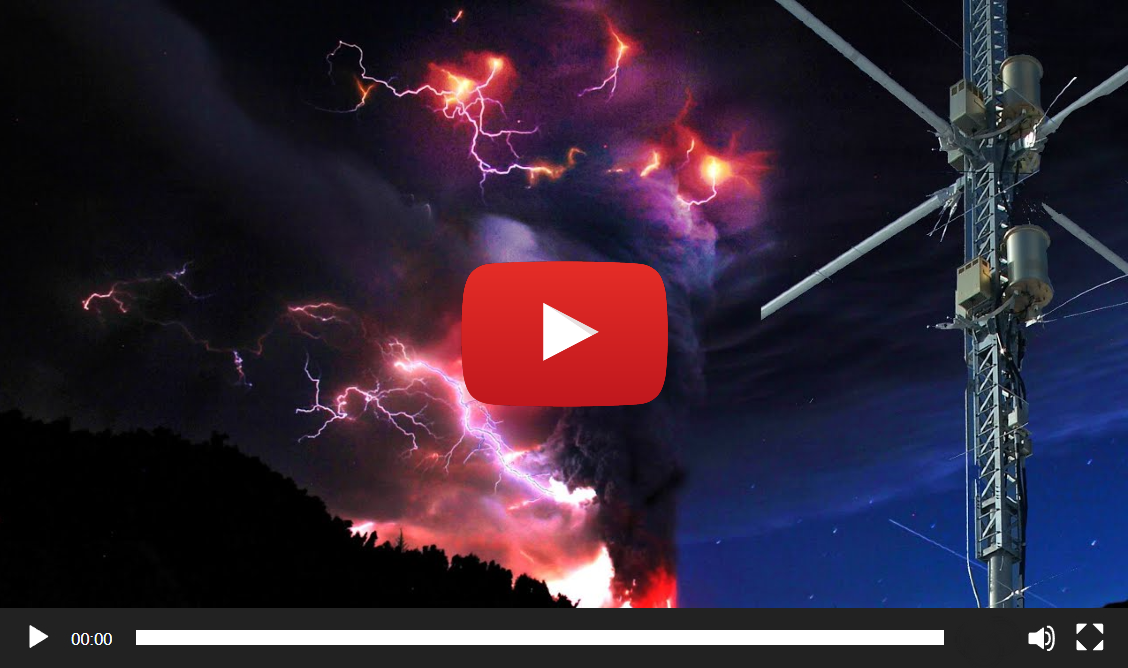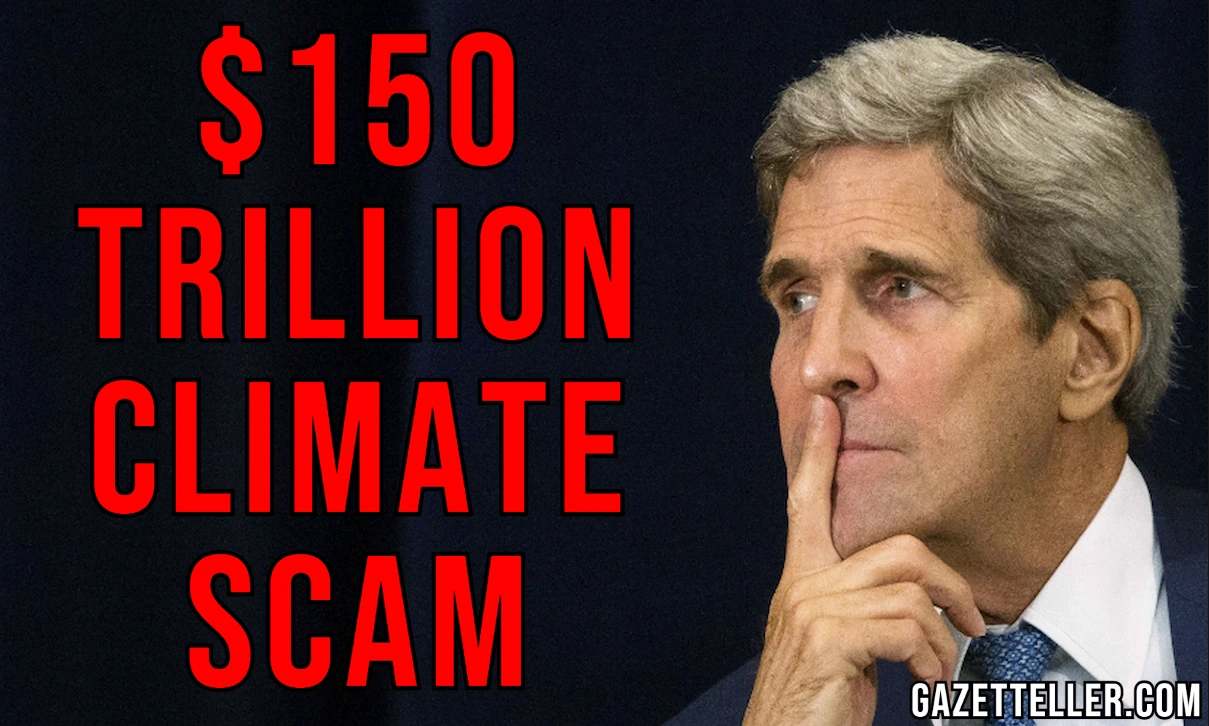In the opulent corridors of Davos, Switzerland, a statement so audacious was made, it verges on fiscal insanity. John Kerry, standing before the world’s elite at the World Economic Forum (WEF), didn’t just ask for funding; he demanded a king’s ransom for climate initiatives: a staggering $150 trillion. This isn’t just a figure; it’s a testament to the audacity of the climate crusade, a sum that dwarfs the economies of nations and defies any semblance of financial prudence.
This demand is not merely ambitious; it’s a bold-faced challenge to reality. To grasp the sheer insanity of this number, consider this: even if you spent $130 million every day since the dawn of the Common Era, you’d barely scrape the surface of this gargantuan sum. Yet, for the Davos set, this fantastical amount is just another figure to be debated over champagne and canapés, a sum they blithely expect to extort from the world’s taxpayers.
The WEF’s 54th meeting, a veritable circus of the wealthy and powerful, promises more of the same. Here, amid backslapping and self-congratulatory rhetoric, the globe’s most influential figures will plot the future under the guise of addressing the climate “crisis” — a crisis, mind you, that their policies have exacerbated, if not outright created. Their solution? Raid the public coffers to fund their grand designs.
But let’s cut through the smog of their rhetoric. What does Kerry’s fantastical sum mean for the common man and woman? In plain terms: economic devastation, crippling energy shortages, and a broadside against the livelihoods of millions, with precisely zero impact on the climate. Critics, such as H. Sterling Burnett, pull no punches in highlighting the absurdity of thinking that shutting down the Western world’s industry could influence the climate while the real culprits, nations like China and India, proceed unchecked.
Must Watch! – WEF’s Sinister Plot to Control Weather Spells Doom for American Families!

This isn’t a climate strategy; it’s economic hara-kiri with no discernible benefit to the environment. The pursuit of this ludicrous $150 trillion, as advocated by Kerry, is a surefire recipe for disaster, saddling Americans and indeed the global populace with sky-high energy bills, unreliable power, and a teetering economy. The demanded sacrifices are staggering, and for what? A quixotic quest that promises nothing but hardship.
Economist Richard S.J. Tol throws a bucket of cold water on this fever dream with his research. Striving for net-zero emissions by 2050, he argues, is an exercise in futility, a path that leads to economic ruin with negligible environmental benefit. The climate alarmists’ inevitable failure to meet these targets will expose their predictions as nothing but fearmongering, leaving them to reckon with a catastrophe that never came to pass.
Beneath the thin veneer of environmental concern peddled by Kerry and his cronies lies a darker truth: a naked grab for power and wealth, cloaked in the noble guise of climate activism. This climate cabal — a motley crew of zealots, opportunists, and power-mongers — remains unswayed by facts, hell-bent on a course that enriches them while impoverishing the masses.
The road ahead is fraught with challenges. Dispelling the myths, countering the exaggerations, and confronting the fearmongering will require perseverance, rational debate, and a steadfast commitment to truth. The environmental movement, once a noble cause, has been hijacked by those whose interests lie not in saving the planet but in consolidating their own power and wealth.
As we stand at this crossroads, the need for vigilance has never been greater. The climate debate, marred by hyperbole and hysteria, must be recentered around sound science, economic reality, and the well-being of the global population.




